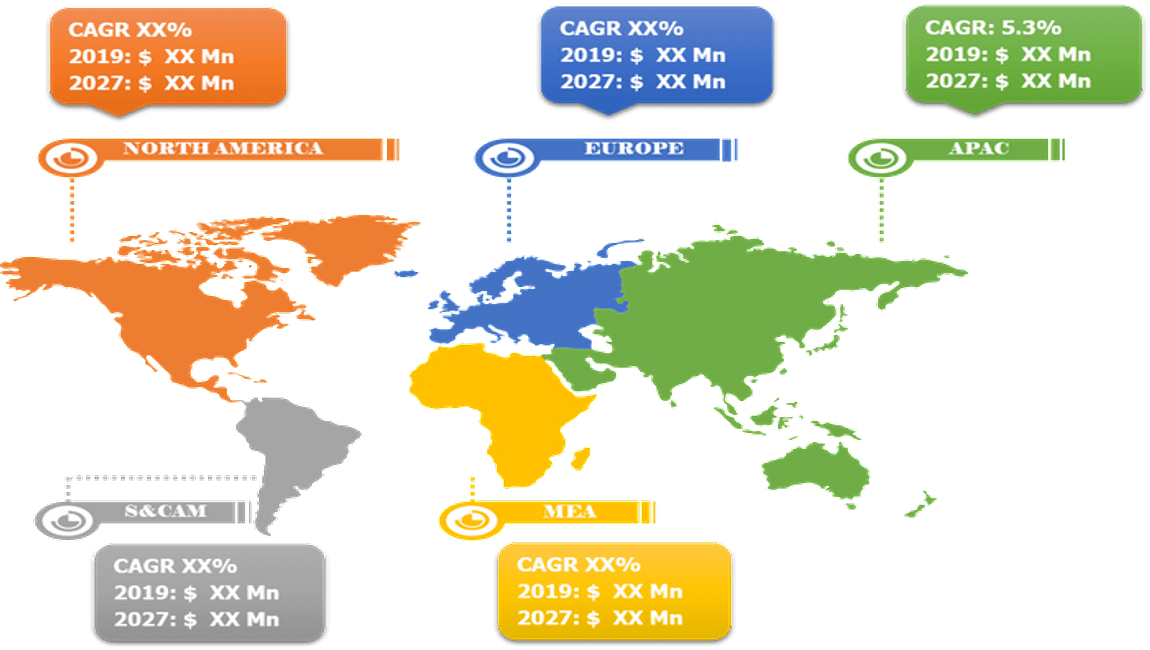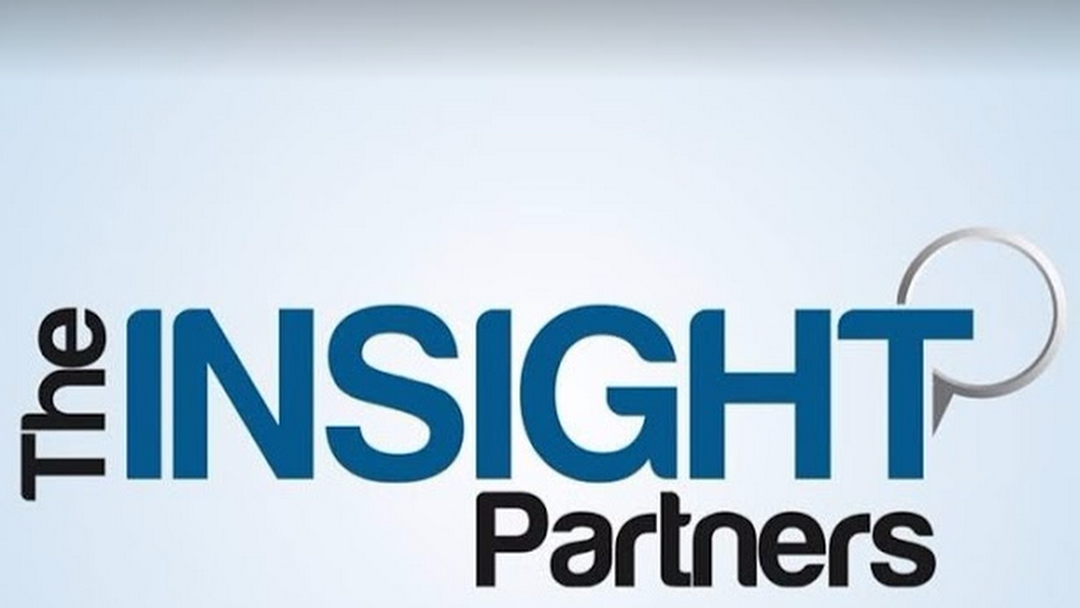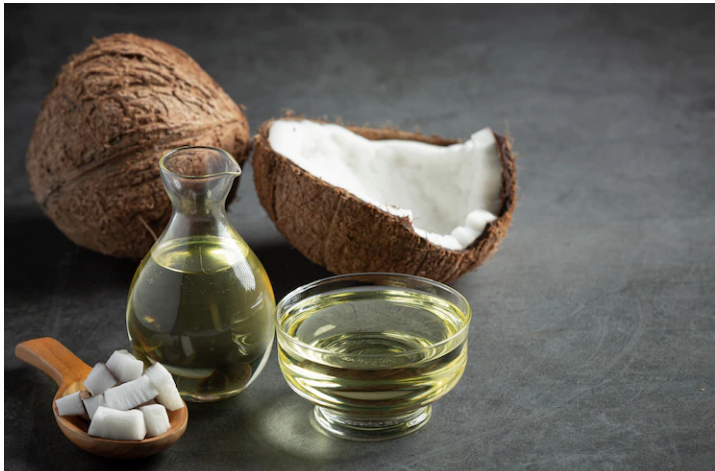BAN ON SINGLE-USE PLASTIC INFLUENCE WATER-SOLUBLE PACKAGING MARKET GLOBALLY
Water soluble packaging is a form of packaging made from biodegradable materials that dissolve in water leaving behind a harmless and non-toxic aqueous solution. Better solubility in water with minimum residue and good impact resistance makes them a favorable packaging material in a number of industries. Water soluble packaging is manufactured in different grades, including cold water soluble PVA grades as well as hot water soluble PVA grades. Water soluble packaging products such as films, bags and pouches are produced from polyvinyl alcohol (PVOH), which is a synthetic polymer highly soluble in water. Polyvinyl alcohol is an odorless and colorless polymer, which possesses high tensile strength, flexibility, non-toxic, and adhesive properties. Water soluble packaging is generally used in the packaging of dyes, detergents, agrochemicals, and other industrial chemicals. In addition, they are used in the manufacture of disposal bags, laundry bags, and shopping bags.
The use of single-use plastic has increased significantly over the past few years. Single-use plastics are not biodegradable; instead they break down into smaller particles. These plastic particles enter the ocean and absorb the toxins present in the ocean. When these toxic particles are consumed by fish, sea birds, and other marine life, it causes severe harm to marine life. Rising awareness regarding the drawbacks of using single-use plastics and government initiatives to ban the use of single-use plastics have significantly driven the growth of the water soluble packaging market. According to International Union for Conservation of Nature, it is reported that around eight Mn tons of plastic waste is thrown into the ocean every year, severely affecting marine life. To prevent environmental degradation caused due to excessive use of single-use plastic, the government in various developed and developing countries have imposed stringent regulations against the use of single-use plastic. More than 112 countries, states, and cities across the world have already imposed bans on various single-use plastic goods. For instance, in 2018, the UK banned the sale of products containing micro beads such as face scrubs and shower gels as an attempt to prevent the tiny particles of plastic from entering the ocean.
In 2018, Taiwan announced a plan to phase out all single-use plastics by 2030. Any retail stores giving out free single-use plastic bags, disposable food containers, and utensils to the costumers will be fined, leading to an absolute end to all single-use plastic usage in the next ten years. Likewise, New Zealand declared a ban on single-use plastic bags in August 2018. On June 10, 2019, In Canada, Prime Minister Justin Trudeau announced his government would take necessary measures to reduce plastic pollution. Plastic products such as water bottles, plastic bags, and straws are likely to be banned in the near future. The US government completely banned single-use plastic bags in major regions such as New York, California, and Hawaii. In South Korea, The Ministry of Environment banned the usage of plastic bags in major supermarkets in 2018 and a fine of US$2,700 will be levied on those who violate the ban. China has unveiled a plan to reduce single-use plastics across the country, by restricting the use of non-degradable bags in major cities by the end of 2020 and in all cities and towns by 2022.



